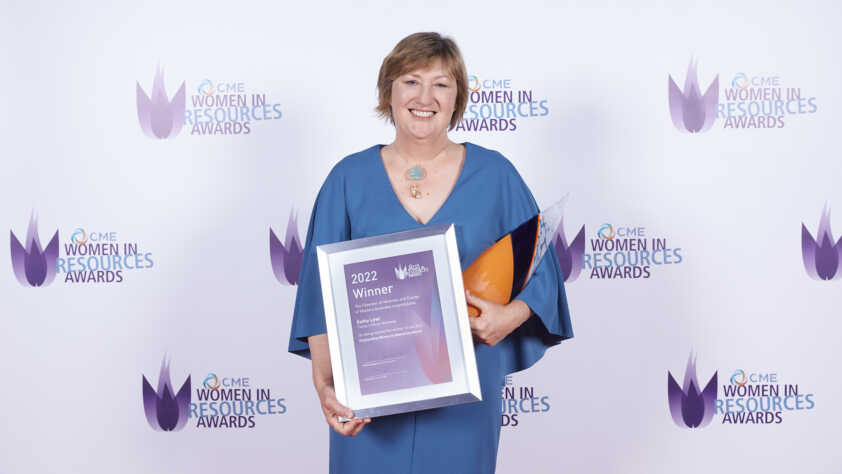CME Chief Executive Paul Everingham said the plan committed to several key policies that the CME has long advocated for, including international trading, maintaining competitiveness for trade exposed industries and committing to policy stability and bipartisanship.
“Crucially, Labor’s plan acknowledges the global trading realities of our economy, which will enable WA’s resources sector to continue providing jobs and royalties for Western Australians by maintaining global competitiveness,” he said.
“Labor’s commitment to work with our industry on the details for this plan is critical. Without genuine, comprehensive consultation with trade-exposed industries, no future government will be able to deliver a practical, sustainable, bipartisan policy that will last long enough to help Australia fulfil its Paris Agreement commitments.
“Labor’s support for international trading for carbon offsets is also a no-brainer, if we are to seek lowest cost abatement and minimise negative impacts on our economy.
“We need a bipartisan approach to climate policy in Australia, as well as a measured and predictable transition towards a lower carbon future.”
Mr Everingham said WA’s resources sector would play an essential role in this transition through the State’s natural resources of lithium, rare earths, cobalt, nickel and other minerals that were critical to a lower carbon future.
“Last week, construction commenced in WA on the world’s largest lithium hydroxide plant. We need to give investments like this policy certainty and stability so we can all play our part in a measured transition and fulfilment of the Paris Agreement,” he said.



